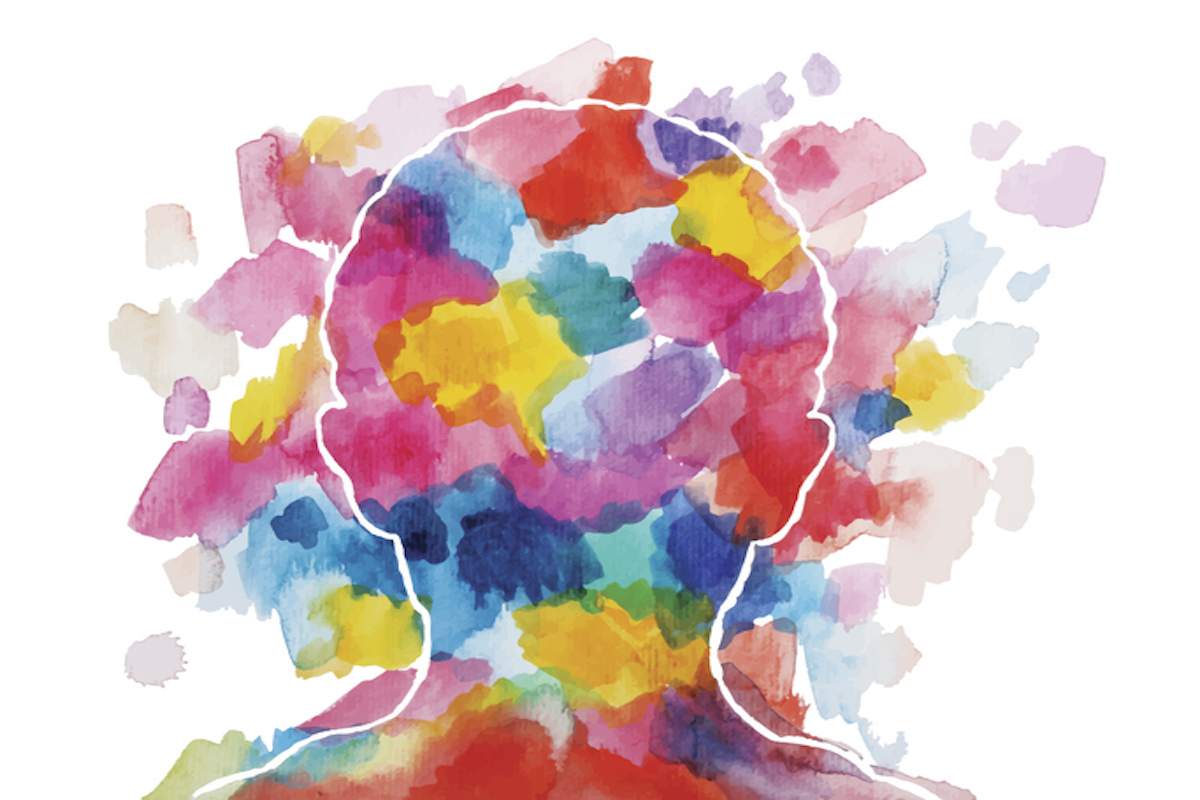Struggling to sleep? Acharya Balkrishna reveals powerful Ayurvedic remedies
Natural remedies like pomegranate leaf infusion can help combat insomnia and promote restful sleep. Discover Ayurvedic solutions for better sleep and improved well-being.
The more than two years of the pandemic prevention and control measures have also had some psychological effects on the people, increasing the need for better mental health services.

(Photo:iStock)
The resurgence of the novel coronavirus has prompted authorities to restrict people’s movement in many places.
Many people in some provinces and cities, for instance, have been staying at home for some time now. The more than two years of the pandemic prevention and control measures have also had some psychological effects on the people, increasing the need for better mental health services.
Advertisement
Compared with the fear in the early days of the outbreak, people today see the virus more rationally thanks to the progress in research and vaccination. But the uncertainties around the virus and its impact on normal life have triggered widespread anxiety in society. That calls for ramping up mental health services, in order to help people develop a positive mindset.
Advertisement
In China, the fight to contain the pandemic has become a new normal. This fight is characterized by China’s dynamic clearing policy, which adheres to the principle of “people first and life first”. Contrary to the misconception of some, the objective of the dynamic clearing policy is not to pursue zero infections in the country.
Instead, it requires a swift official response wherever infections are reported so that the outbreak can be controlled within a limited area as soon as possible. Only with this approach can China minimize the human cost of the pandemic.
Since the cause and speed of infections may vary from place to place, mental health service providers should be prepared to deal with all the problems. The strict health and safety protocols, including wearing face masks and maintaining social distancing, and working from home, which people have had to follow have, to a certain extent, changed people’s thought processes and behaviour.
So, counselling and other mental health services have to change accordingly in order to deal with these new problems. And as the fight against the virus is expected to continue, mental health services should be available to as many people as possible.
The recent outbreak in Shanghai has aroused widespread concern. As Shanghai is one of China’s biggest cosmopolitan cities, its residents are used to a certain lifestyle, which makes it a bit difficult for them to adjust to changes in face of emergencies. For instance, the daily routine of buying vegetables online and stockpiling food is costing people precious time and energy, especially for those who are used to buying fresh vegetables whenever they want. Human attention is a very limited resource. People have to use a lot of willpower to change their habits in a short time, which anti-pandemic protocols demand. When a city’s orderly life is disrupted, it triggers intense anxiety among individuals and causes tension in society. That partly explains why some Beijing residents rushed to stockpile vegetables and other essentials after the authorities announced to tighten measures from Monday, despite supplies being restored very soon.
Advertisement